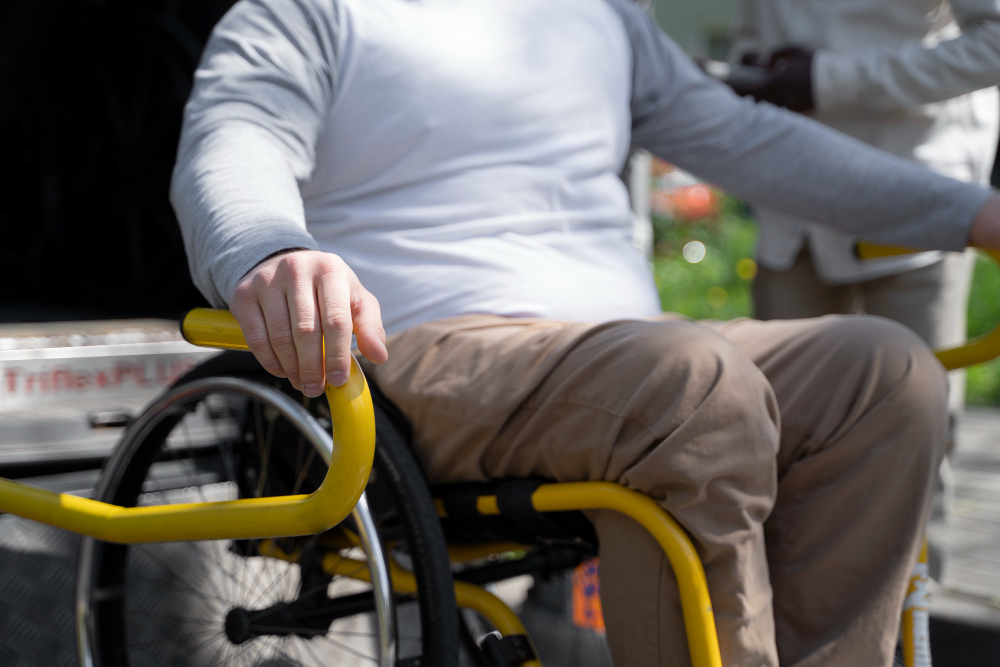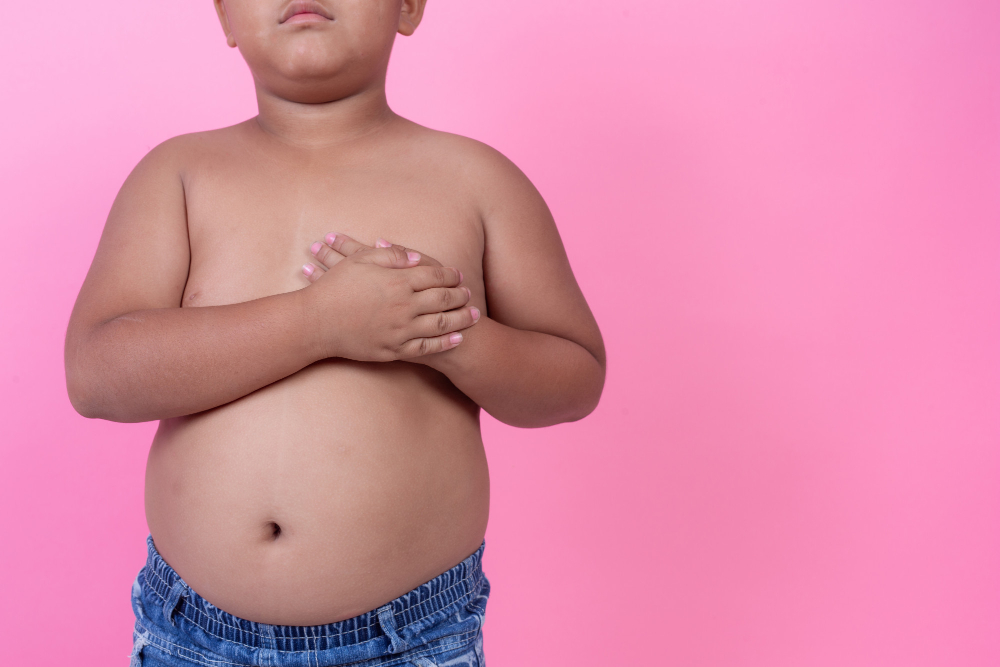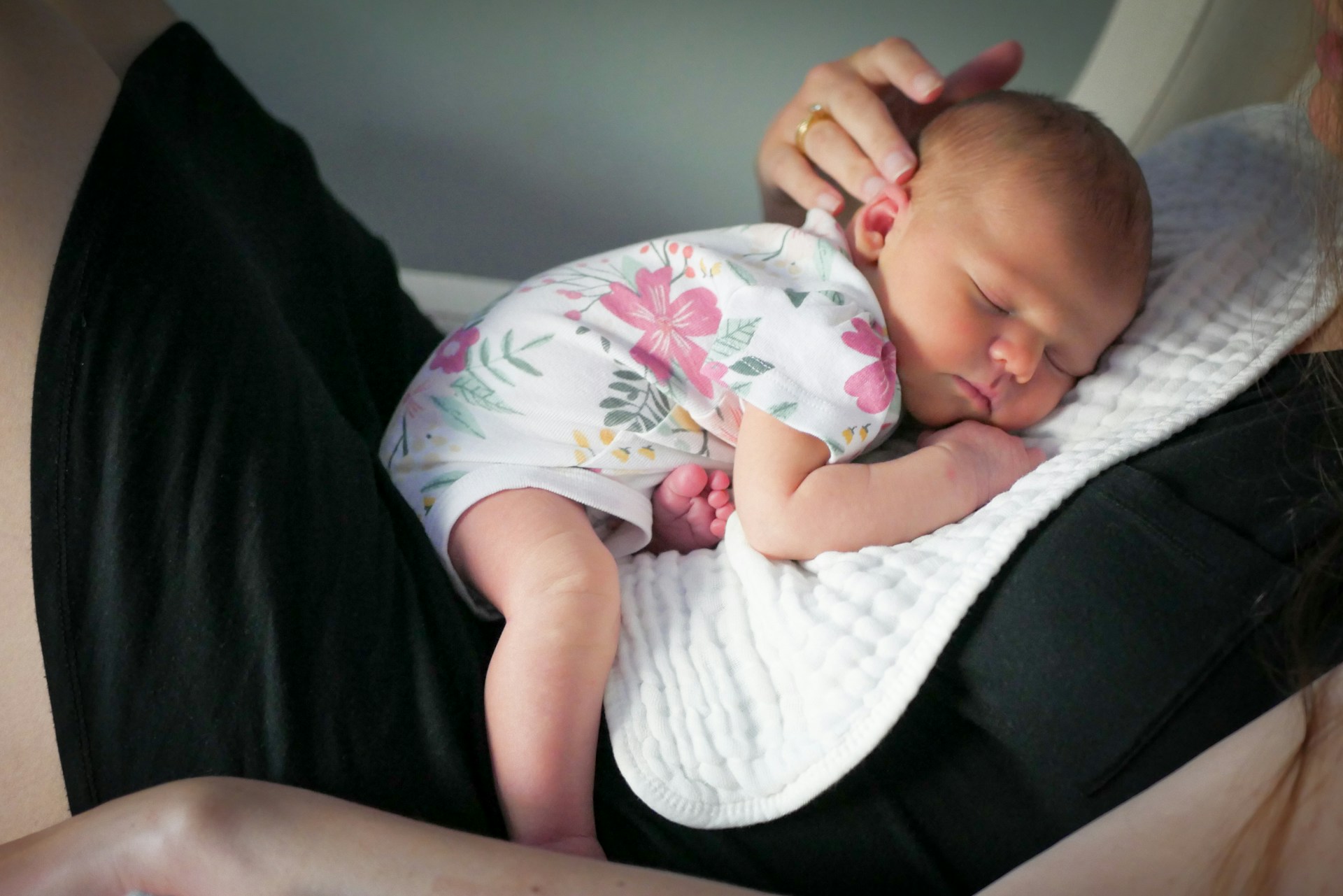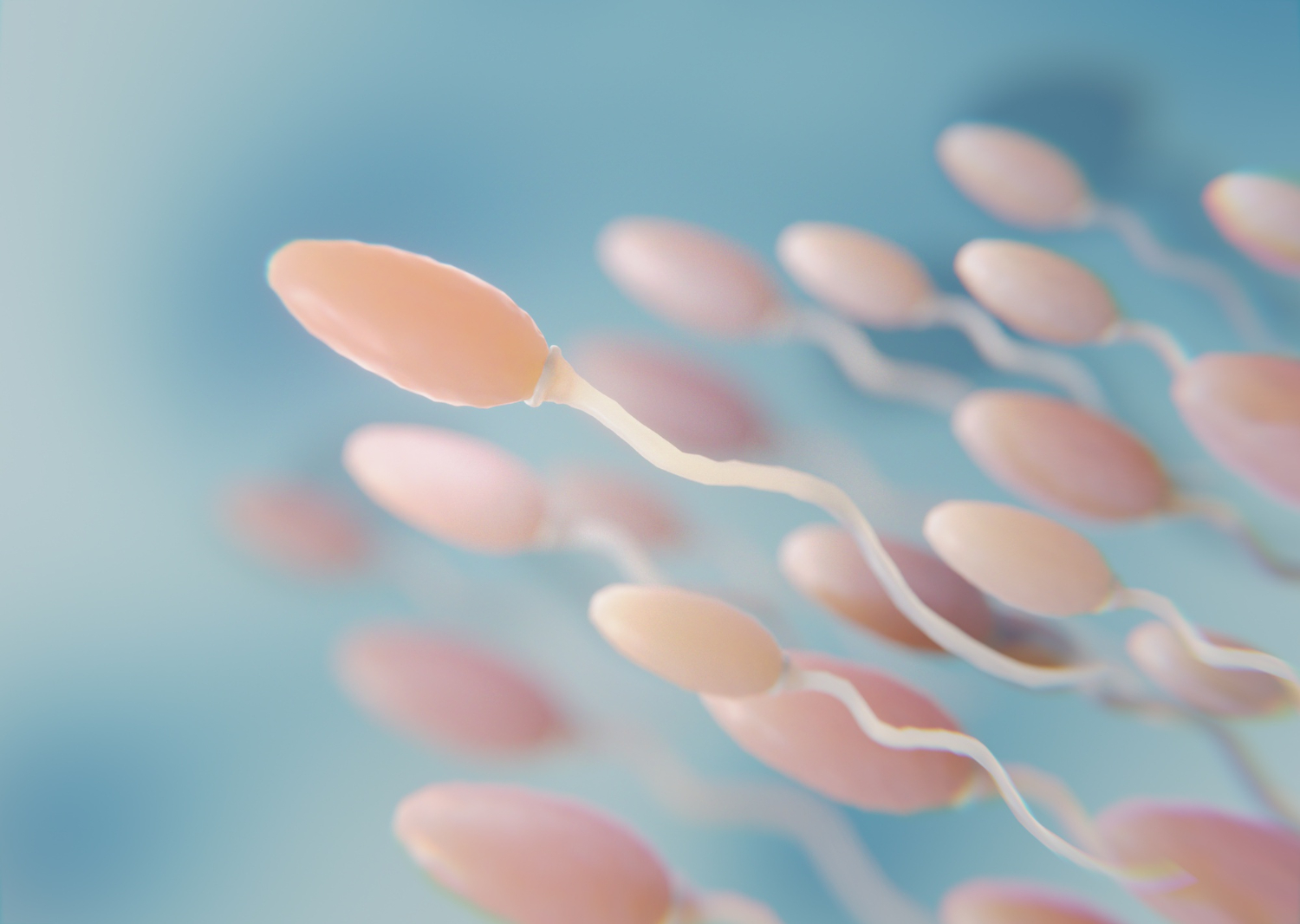Reaction: some large earthquakes can emit signals months before they occur
According to research published in the journal Nature Communications, the magnitude 7.8 earthquake that was felt in parts of Turkey and Syria in February this year emitted detectable signals eight months before it struck. Although it is currently not possible to predict the magnitude, time and location of earthquakes in the short term, these results would indicate that some large earthquakes may show a detectable preparation phase. However, the authors admit that, due to the large number of variables, recognising these signals and using them for medium-term earthquake prediction remains a challenge.









